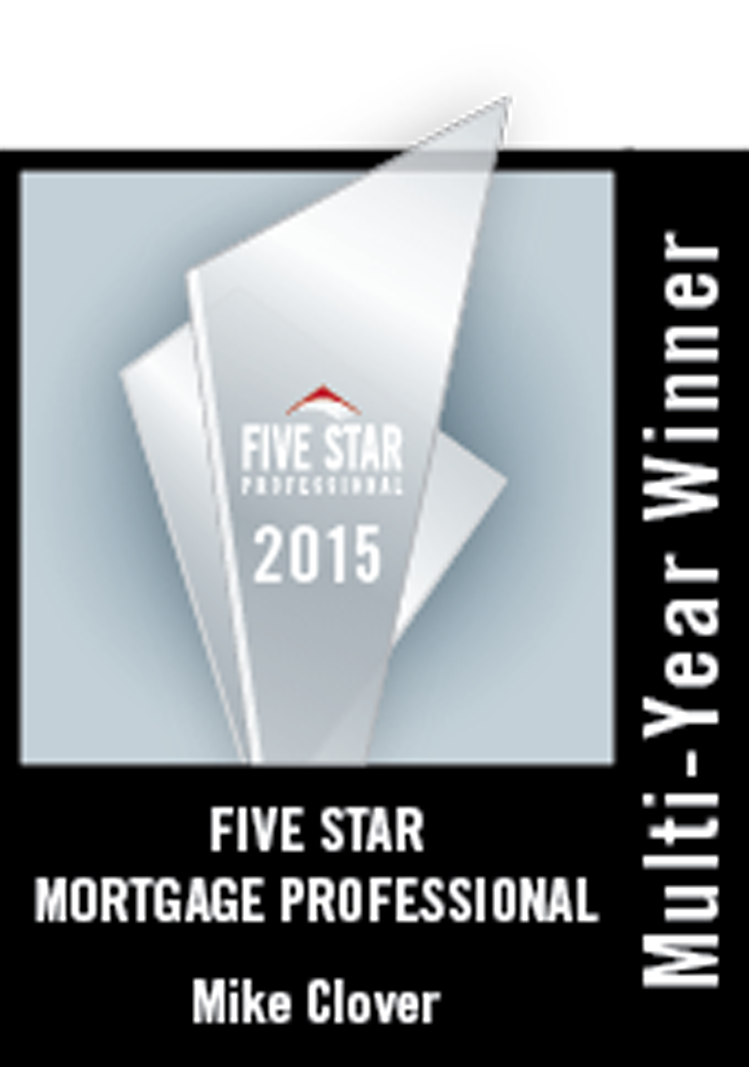Buying a Home Makes Financial Good Sense
You know the emotional reasons for owning your own home. Things like security and independence top that list.
These five financial reasons might be even more powerful:
1. Unless you’re living rent free with a friend or relative, you’re paying for a house whether you own or rent. When you rent you’re not just providing the funds to make payments on the house, you’re also paying for upkeep, repairs, insurance, property taxes, and probably a bit of cash flow for the person who does own the house. So one way or another, you’re “buying” a house or at least a portion of a multi-family structure. Plus, you’re helping support the landlord.
2. Housing is a leveraged investment – the only such investment you’ll find.
Home ownership allows people to make a partial investment and own control of 100% of the house. So even if you only put 10% down on your house, when it appreciates in value, you’ll own 100% of the appreciation on the 90% you financed.
What does that look like?
Say the price of the house was $100,000 and you made an initial investment of $10,000. The house appreciates at a modest rate of 5% per year, so at the end of the year, in addition to any principal payments you made, you have equity of $10,000 plus the 5% appreciation ($5,000) for an equity of $15,000 plus your principal payments.
3. Home ownership is a form of “forced savings.”
With each payment you make, you reduce the amount you owe and increase your equity in the house. That money remains in “savings” until you either sell the house or refinance to take out part of your equity.
4. Owning a home comes with tax benefits.
Homeowners can deduct mortgage interest and property taxes from their taxable income. In many cases they also pay a lower property tax rate than do landlords. Those who work at home can deduct a portion of their household expenses as a “home office” expense.
When it’s time to sell, homeowners get a break on capital gains taxes. Single payers get a break of $250,000 while married couples get $500,000. Landlords pay tax on the entire gain.
5. Owning your home is a hedge against inflation. While the not-too-distant housing crisis did bring home prices down, historically houses rise in value by about 5% per year. So the house you could have bought last year for $100,000 would cost $105,000 this year, and $110,250 the following year. Rents also increase in keeping with the cost of building or buying rental properties. Most tenants find that when their initial rental agreement expires, they’ll have to agree to pay a bit more in order to renew.
When you have a fixed rate mortgage, your payment can only increase if property tax and insurance rates increase. Inflation doesn’t touch your payment on the principal balance.
The fact is that unless you’re planning a move in the near future or your employment is unreliable, it makes financial sense to buy a home now – while rates (and payments) are still low.
We have no crystal ball, but look at what will happen by next year if housing appreciates 5% and interest rates go up 1%.
2015: price: $100,000 Down: $10,000 Finance 90%: $90,000 @4% Payment: $429.67
2016: price: $105,000 Down: $10,500 Finance 90%: $94,500 @5% Payment: $507.30
Mike Clover
Mortgage Banker
Homewood Mortgage,LLC
O: 469.621.8484
C: 469.438.5587
F: 972.767.4370
18170 Dallas Parkway
Ste. 304
Dallas, TX 75287
NMLS# 234770
Apply at: www.mikeclover.com








Pingback: guardian armory
Pingback: buy passport
Pingback: รับทำเว็บไซต์
Pingback: review
Pingback: shroom chocolate uk
Pingback: ks quik
Pingback: כתום אחסון אתרים
Pingback: ส่งพัสดุ
Pingback: เช่ารถตู้พร้อมคนขับ
Pingback: 789 club
Pingback: Thai food nyc
Pingback: ผลิตกระเป๋าผ้า
Pingback: navigate to these guys
Pingback: จุดเด่นของ Superclub Slots
Pingback: ไม้พื้น
Pingback: สอนสัก
Pingback: ทัวร์เวียดนาม
Pingback: Welding cable
Pingback: BAU Diyala
Pingback: ufa168
Pingback: ทัวร์แคนาดา
Pingback: นักสืบ
Pingback: my show
Pingback: เคอรี่889
Pingback: ดูบอลสด66
Pingback: ออกแบบตกแต่งภายในคอนโด
Pingback: เว็บปั้มไลค์
Pingback: ชุดกระชับสัดส่วน
Pingback: pgslot168
Pingback: ระบบสมาชิก
Pingback: pgslot
Pingback: Pixio
Pingback: เช่าเครื่องเสียง
Pingback: lazywin888
Pingback: lottorich28